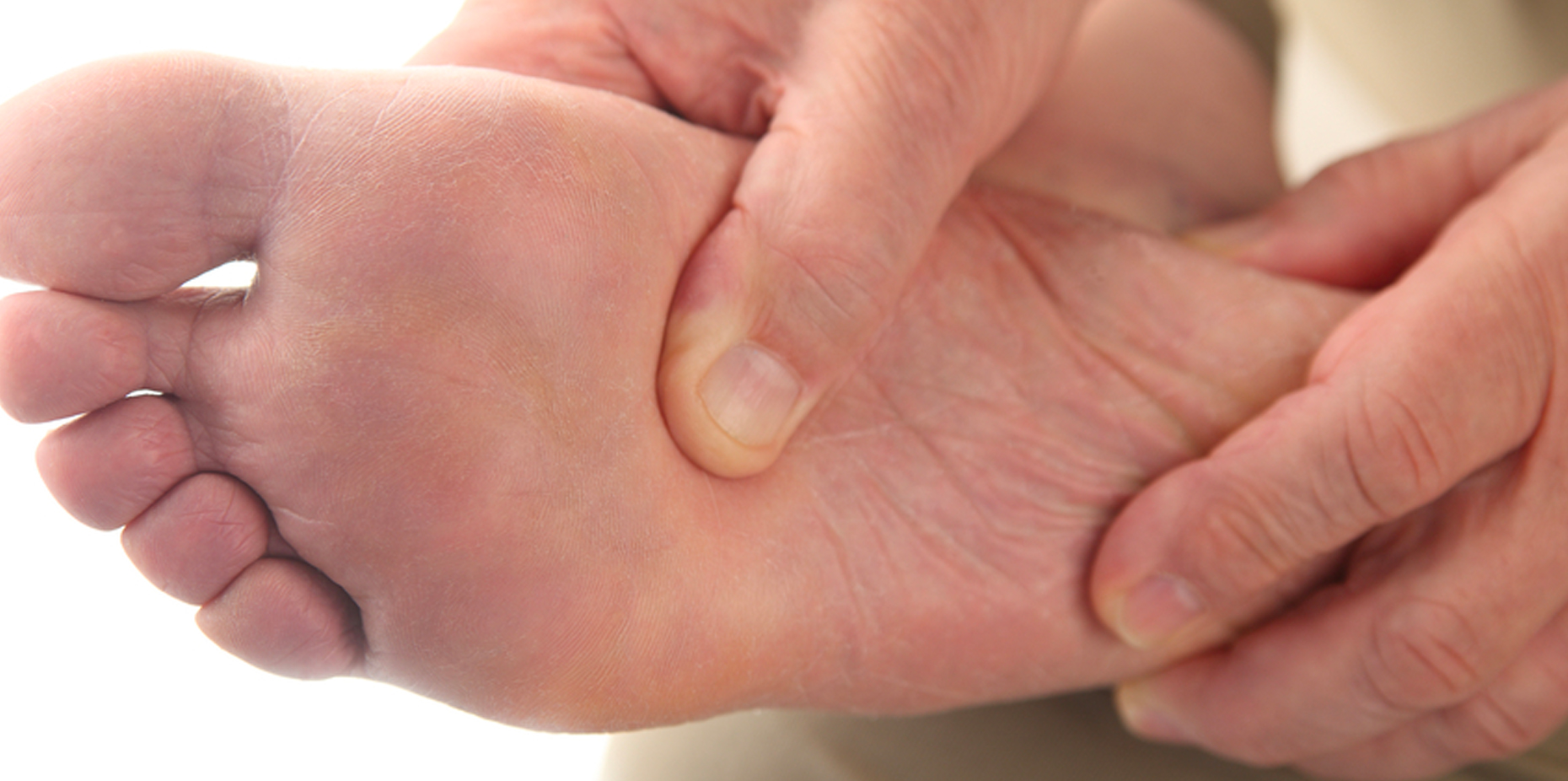Walking is easy and free. It helps burn calories, improve your fitness levels and clear your head. It can boost your metabolism and calm your mind.
If you give up on your excuses and walk at least 8,000 steps every day, you will feel more energized and improve your mental and cardiovascular health.
Table of Contents
Walking Benefits
Let’s look at the various benefits of walking.
1. It helps relieve stress
Studies have shown that walking triggers the release of endorphins which promote relaxation and improve our mood. Even a short, leisure stroll can help you relieve some stress. Just put your thoughts aside and walk.
According to a 16-week study that involved 135 volunteers divided into 5 groups, meditating while walking is a great stress reliever. The exercise was simpler. They were instructed to think only about the next step. That improved their mood considerably.
Fitness experts recommend that you get at least 30 minutes of walking every day to improve your mood.
Do not underestimate the effects of stress on your body. It can lead to many physical issues, including heart disease, increased or decreased appetite, and even cancer.
Mind and body are connected, and walking regularly can reduce depression, anxiety or social withdrawal, boosting self-esteem. According to a study published in The Journal of Psychiatric Research, walking 30 to 45 minutes a day for five days a week significantly improved the condition of 50 patients with severe depression.
If you find it hard to get out of the house and walk, get yourself a dog. Dog owners walk significantly more than their non-pooch-owning counterparts.
2. It gets your creative juices flowing
Whenever you feel stuck, get outside and walk or run. Einstein used to walk on the beach when he needed to work out complex equations. Steve Jobs liked to have meetings while walking.
Walking can give you another perspective, boosting your creativity and problem-solving skills. Walking indoors can be just as effective as walking outdoors when you’re looking for ideas. So, if you can’t get out of your office, just start pacing around, play with a ball and let your brain wander with your feet.
It is not just us saying this. Researchers from Standford University found that walking boosts creativity. They studied the creativity levels of people while walking, and the results were surprising. A person’s creative output increased by 60% when walking.
Another study from the Journal of Experimental Psychology compared people trying to think of new ideas while walking and sitting. Researchers found that participants did better while walking, especially while walking outdoors.
So, walking can open up a free flow of ideas. Don’t underestimate the power of ideas. Take a walk!
3. Helps you sleep better at night
If you struggle with falling asleep, get out of bed and start walking. It might seem like a bit of bizarre advice if it’s 1 am and you’re counting sheep, but believe us, it helps.
Walking is known to boost melatonin, the sleep hormone. So, help your body get into that sleepy mood by walking.
To avoid walking alone at night, create a walking routine for yourself. Every evening, before bed, you take your favorite music and go on a long walk. When you come back from it, avoid any blue screens that might distract you, and go straight to bed. You’ll feel better; you’ll see.
4. Improves digestion
Long before screens stole all our attention, our grandparents used to take a walk after a heavy meal. It seems they were much wiser than us sitting on the sofa and watching Netflix while munching on all sorts of treats after dinner.
Italians still have this habit of walking after meals, and research backs them up. Walking can boost your digestion and help relieve constipation by speeding up the time it takes for food to move from the stomach into the intestines.
What is more, walking helps improve your blood sugar levels. A small study has shown that walking on a treadmill for 15 minutes after a full meal would reduce the blood sugar spike for older adults at risk of type-2 diabetes.
Why? Well, when we walk, our muscles use glucose as energy, drawing it out of circulation.
Now, let’s look at what happens right after we’ve finished our meal. Our digestive system converts the food into sugar glucose, our primary energy source. So, after a meal, our blood is flooded with glucose.
Insulin helps pull that glucose into cells for immediate use or storage. However, people at risk of diabetes have impaired insulin function, which can let too much glucose in the blood, leading to other serious troubles, like heart disease, stroke, kidney disease, etc. So, by taking a walk, we use up some of that glucose, making insulin’s job a lot easier. Simple, right?
5. Helps with your mobility
According to an American Medical Association study, one of the greatest benefits of walking is promoting better physical health, even for people aged 70 to 89.
A study published in the American Journal of Preventive Medicine has analyzed the physical exercise thresholds required for adults to maintain mobility and avoid age-related disabilities later in life. Researchers recruited 1,564 adults over the age of 49 with an increased risk of disability in the lower body area (between the hip and toes) with joint symptoms.
The scientists asked the subjects to perform various physical activities of different intensities and durations. The results showed that completing one hour of moderate exercise a week can significantly increase the quality of life for older adults. In other words, older adults should stick to a 10-minute vigorous walk every day, which would help them avoid mobility issues later on.
So, start walking more, folks! Buy a watch or other mobile device to track your daily steps. That might motivate you to be more active.
6. Helps relieve back pain
Back pain is the bane of this day and age. Spending hours at a desk working on a computer can seriously affect your back, shoulders, and neck.
Walking can help relieve all these symptoms. Actually, it is recommended to take frequent breaks from your laptop and have a walk outside.
Walking is a low-impact activity that won’t cause more pain or discomfort. On the contrary, it will help move your stiff muscles and contribute to better blood circulation within the spinal structure, improving posture and mobility.
Walking will help make your spine more stable and strengthen the muscles that support it.
Try walking to and from work for a change. Replace one and a half miles of driving with walking, and you would also reduce the amount of greenhouse gases produced. See, it’s a win-win both for your health and the environment.
7. Get beautifully toned legs
Yes, don’t laugh! Make walking part of your daily routine, and it will help tone your legs.
Walking strengthens the muscles in your legs and helps build up more strength. To make things more exciting, try walking up and down a hill or stairs or get a treadmill with an incline.
Other activities such as cycling, jogging, or exercises such as squats, lunges, or leg curls will also help you strengthen your leg muscles. Wouldn’t you want stronger, toned legs? Get going!
8. Better mental health
One of the best things you can do for your mental health is to take a walk outside. It will relax your senses and help you reconnect with the world outside and breathe.
Research shows that walking on a daily basis can help lessen the symptoms of anxiety or depression. It improves blood flow through the body and boosts your energy.
Walking allows us to unwind and can also bring some social opportunities along the way. Whenever you feel down, get outside, walk, look at the sky and focus only on your steps. You might meet one or two people. Say “hello” and smile. Engage in a bit of chatter. It will make you feel better.
Walking is good for your mental health because it also allows you to reset. You get out of your room, see the sky, hear the birds chirping, and realize the world is beautiful and life is wonderful. You get a new perspective, and that’s what matters because happiness is a matter of perspective.
9. Extends your life
Well, this is not entirely a given fact, but current research points to this possibility.
Research suggests that walking at an average pace can result in a 20% reduced risk of death. If you up the pace to 4 miles/hour, you will reduce the risk of death at an early age by 24%.
This data is based on a study that looked into the association of walking with factors like cardiovascular diseases or cancer.
You can’t know for sure that you will live longer if you walk daily, but it won’t hurt to try, right?
10. It boosts your metabolism
Walking prompts your body to burn more energy, which also triggers your metabolism to turn food into energy more rapidly.
A boosted metabolism will make you feel more energetic and help cleanse the body of free radicals and toxins, improving your immunity and overall mood.
You see, they are all connected.
So, let’s sum it up! Walking is a low-effort activity that puts your muscles into motion, burning more fat and boosting your metabolism.
A boosted metabolism will help cleanse the body more efficiently and put you in a good mood, sending anxiety and depression out the door. You will also sleep better and strengthen your muscles, getting beautiful, toned legs.
Your digestion will get better, and your heart will thank you as walking is also great for people suffering from hypertension, improving blood circulation.
So, walking really is medicine. And it’s free and easy. Do it more often, folks, and stay healthy!












